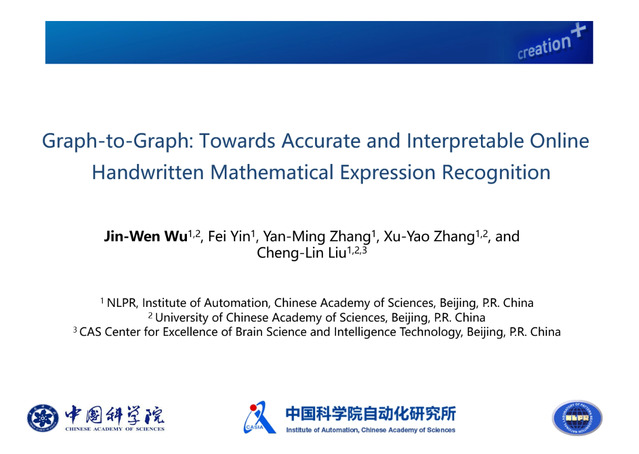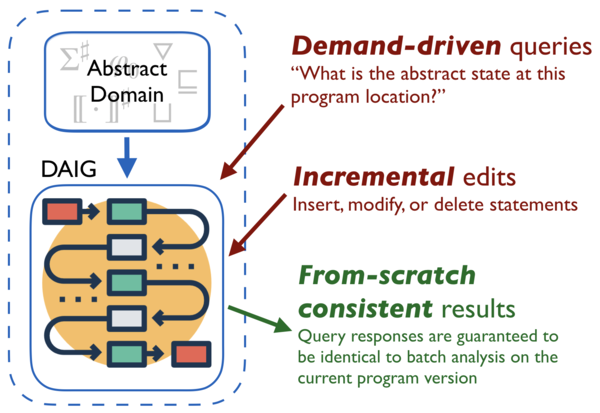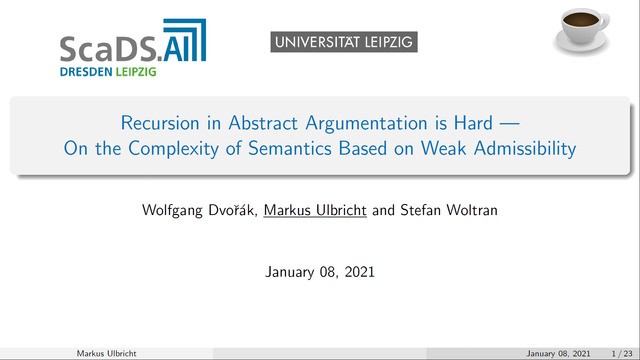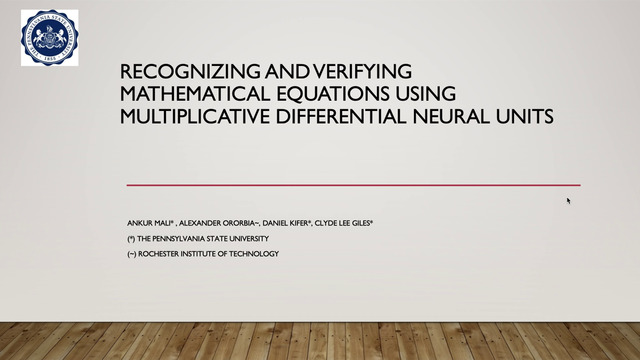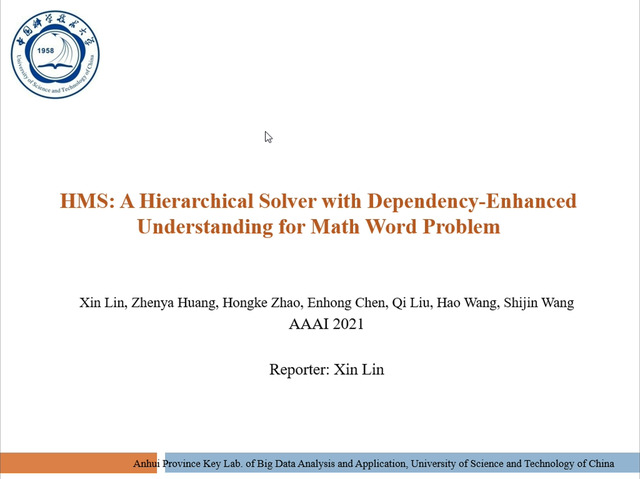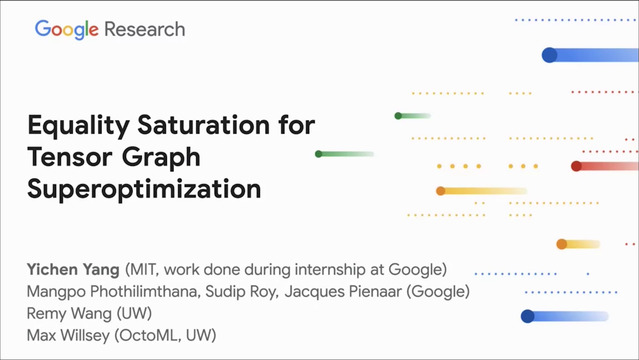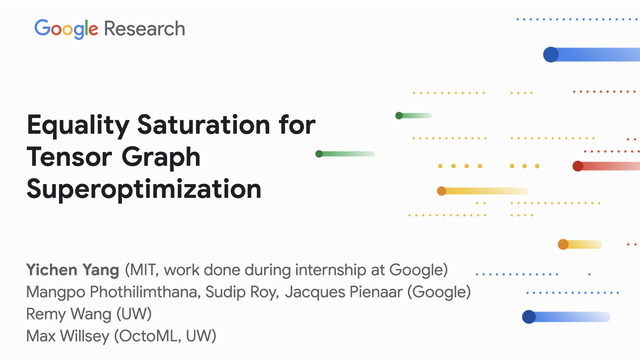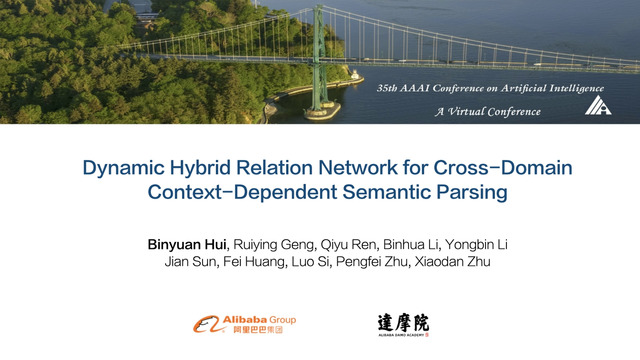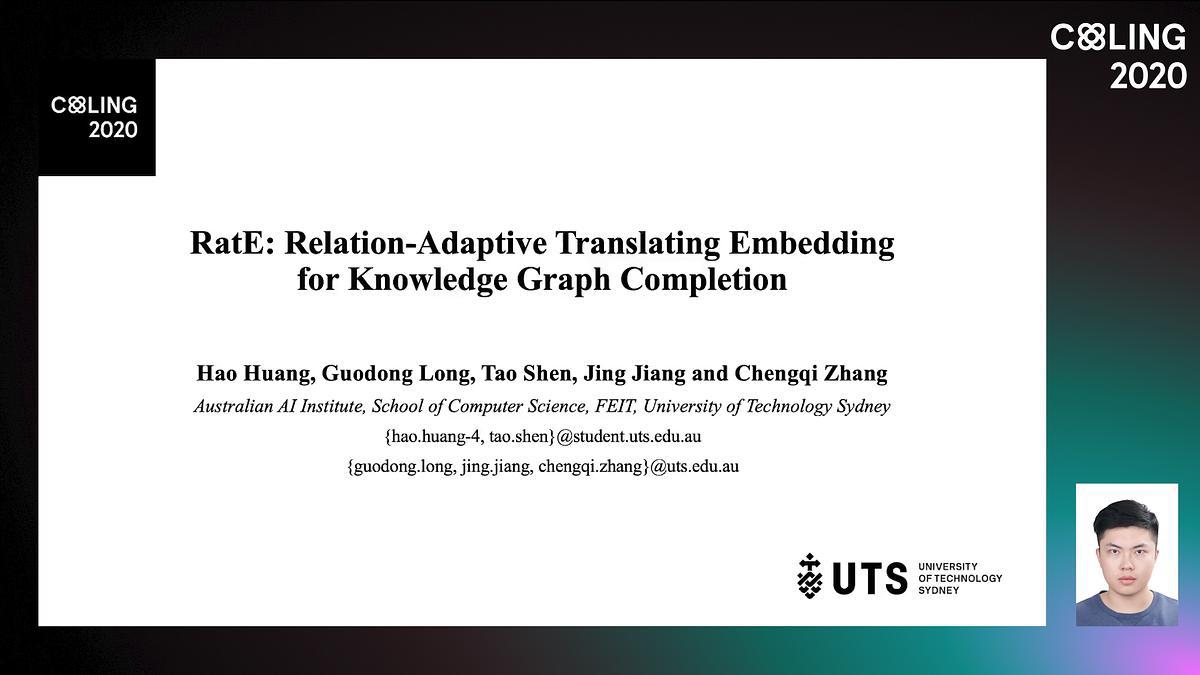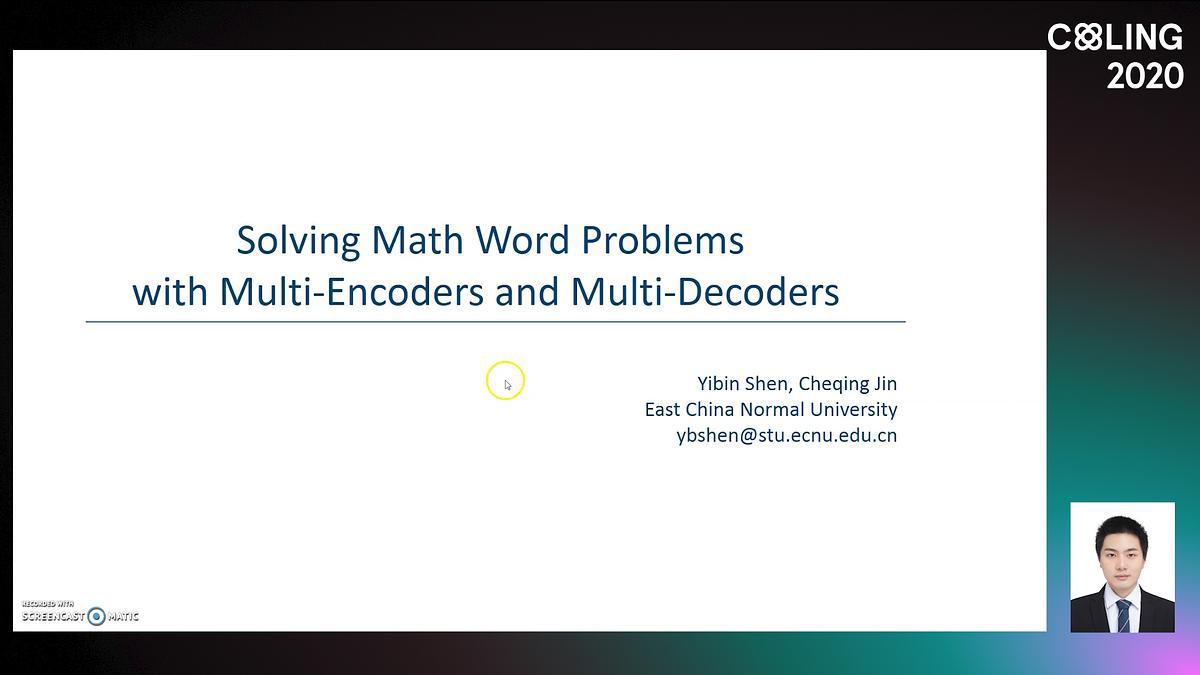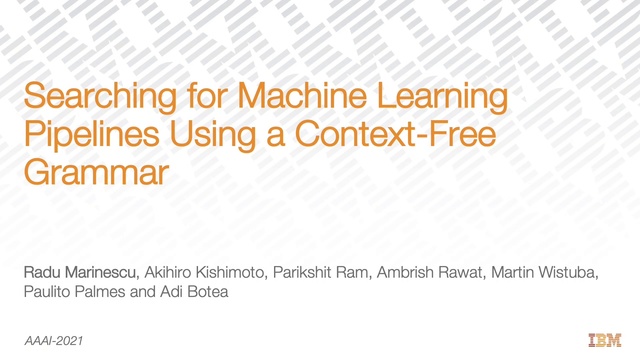Abstract:
We consider the problem of type-directed component-based synthesis where, given a set of (typed) components and a query type, the goal is to synthesize a term that inhabits the query. Classical approaches based on proof search in intuitionistic logics do not scale up to the standard libraries of modern languages, which span hundreds or thousands of components. Recent graph reachability based methods proposed for Java do scale, but only apply to monomorphic data and components: polymorphic data and components infinitely explode the size of the graph that must be searched, rendering synthesis intractable. We introduce type-guided abstraction refinement (TYGAR), a new approach for scalable type-directed synthesis over polymorphic datatypes and components. Our key insight is that we can overcome the explosion by building a graph over abstract types which represent a potentially unbounded set of concrete types. We show how to use graph reachability to search for candidate terms over abstract types, and introduce a new algorithm that uses proofs of untypeability of ill-typed candidates to iteratively refine the abstraction until a well-typed result is found. We have implemented TYGAR in H+, a tool that takes as input a set of Haskell libraries and a query type, and returns a Haskell term that uses functions from the provided libraries to implement the query type. Our support for polymorphism allows H+ to work with higher-order functions and type classes, and enables more precise queries due to parametricity. We have evaluated H+ on 44 queries using a set of popular Haskell libraries with a total of 291 components. H+ returns an interesting solution within the first five results for 32 out of 44 queries. Our results show that TYGAR allows H+ to rapidly return well-typed terms, with the median time to first solution of just 1.4 seconds. Moreover, we observe that gains from iterative refinement over exhaustive enumeration are more pronounced on harder queries.


